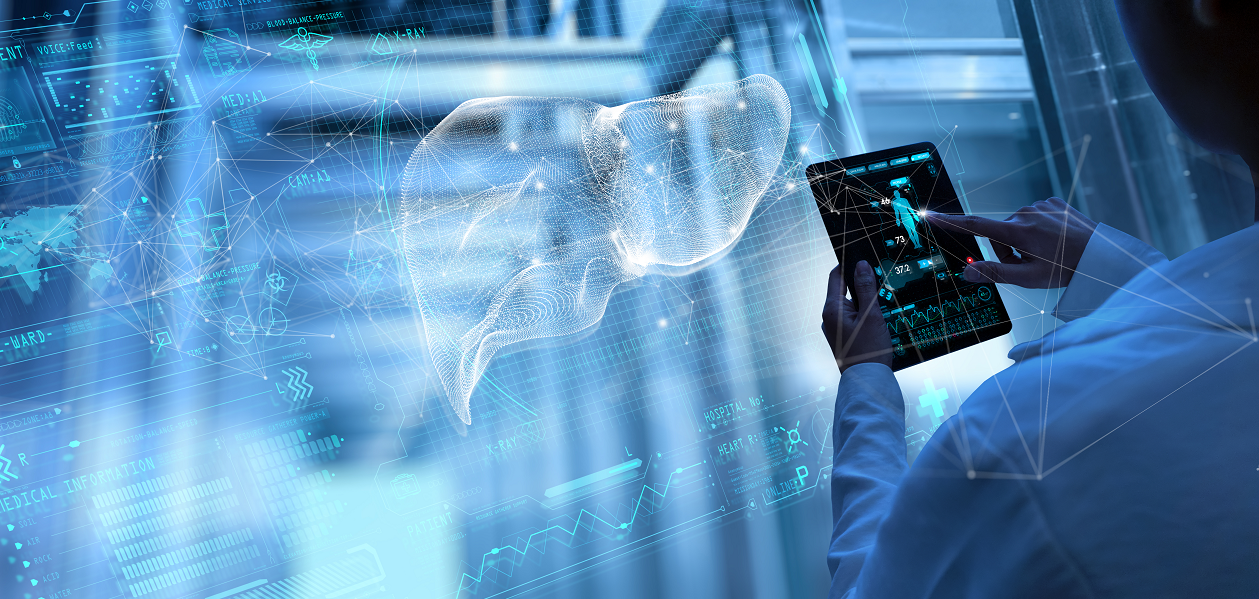Smart and digital technologies including wearable sensors, artificial intelligence (AI) and telehealth software are transforming healthcare systems and delivery across the world, a trend that has been accelerated by the COVID-19 crisis.
On the third and final day of the recent TechInnovation 2021, experts shared their insights on the implications and opportunities of this healthcare shift, in keynote and thematic sessions with the theme of “Health and Wellness”.
AI to advance healthcare
With the title of “Healthcare Innovations in the New Norm”, the first keynote session of the day zeroed in on the rising use of AI in healthcare, the reshaping of sleep care with AI and other technologies, and the importance of global partnerships in healthcare.
“The use of AI is increasing in all industries, including in healthcare, partly due to its manpower crunch,” said Siow Ai Li, Managing Director, Singapore, of Siemens Healthineers. The firm’s AI-powered offerings include an AI-Pathway Companion to support clinical decision making.
She noted that AI can revolutionise healthcare at multiple levels, by automating workflows, assisting clinicians in detecting and diagnosing diseases, analysing patients’ results to further customise their treatment, and improving healthcare at the population level.
“One key area that we see AI having the greatest impact, is at the personal level,” she added, explaining that patients and doctors can tap on AI to make more informed decisions at every stage, from reviewing medical histories to diagnosis, treatment and follow-ups.
Siemens Healthineers has curated over 100 million medical images, reports and datasets from its partners worldwide, and holds over 600 patents related to machine learning. Siow asserted: “Digital transformation has approached healthcare, and the COVID-19 pandemic has only accelerated the speed of its adoption.”
Smarter solutions for better sleep
Dreem is already using AI to make a difference in sleep care, declared Quentin Soulet de Brugière, its Co-founder and Chief Executive Officer. The firm uses an online questionnaire, AI-enabled app and wearable devices to personalise treatment for insomnia and sleep apnea.
He noted that about 30 percent of the population in the United States suffers from untreated sleep disorders. “These disorders lead to cardiovascular, metabolic, neurodegenerative and mental health disorders that cost the country up to US$411 billion annually,” he said.
After patients wear Dreem’s headband to monitor their brain activity, breathing, heart rate and movements during sleep, the app studies the results to make suggestions. They can also consult sleep experts during telehealth calls conducted through the app.
Over 300 research laboratories are using Dreem’s solutions. “One of them is aiming to identify patients with Parkinson’s disease five to 10 years before the first symptoms occur, because you can see some particular biomarkers in their sleep,” shared Soulet de Brugière.
The International Space Station has two Dreem headbands to study sleep in space, while the Concordia Station, a research station in the Antarctic, has several of them to find out more about sleep under the region’s extreme conditions.
“We are merging sleep medicine and deep-tech to redefine sleep care,” shared Soulet de Brugière. “Our dream is a world where sleep care is efficient and accessible, improving sleep and health for all.”
Partnerships across borders
Global collaboration is crucial to unlock the full potential of innovation in healthcare, added Professor Tatjana Baevska Vuchkovikj, General Manager of Nikob Medical and Nikob Lab.
Both institutions are located in Macedonia. Nikob Medical offers various healthcare services, including telephone consultations and treatments at patients’ homes, while Nikob Lab carries out clinical laboratory tests.
Nikob Lab has deployed a portable COVID-19 genetic test kit created by Singapore med-tech firm, Cell ID. “We’re trying to improve the services in our system, so we’re open to new investments and ways to improve our diagnoses, among other things. We are thankful that we are connected to Singapore in this way,” said Prof Vuchkovikj.
She continued: “Health and safety are important factors for a good life. If we want to have high-quality healthcare services that are available to customers whenever they need our help, our borders must be open for innovations, technologies and discoveries in advanced scientific and technical fields.”
Watch the TechInnovation keynote session on "Healthcare Innovation in the New Norm" here:

